Philosophy
Historical phenomena that have been studied from a philosophical point of view in Mongolian social life
The historical trajectory of Mongolian social life has been analyzed from a philosophical point of view. That is why Mongolian society, which has a history of more than 2000 years, has not been considered deeply on the relationship between the historical and philosophical concepts of nomadic society and traditional society.
From the standpoint of Marxist philosophy, people who studied in the 20th century approached the problems of “Mongolian feudalism”, “early feudalism”, “non-bourgeois development path”, “Mongolian socialist society”, etc., and the main theoretical concept was “formation theory”. However, with this theory, the possibility of realistically explaining the historical trajectory of “Mongolian society” is limited.
Some researchers say that Mongolians do not have civilization, just as “Mongolian society” is a “nomadic society” and did not settle until the 60s of the 20th century. At the basis of this view, although there are some controversial issues regarding the definition and criteria of the concept of citizenship, the main one is the confusion caused by the lack of a thorough study of “Mongolian society” from a philosophical point of view. It also affects the philosophical consideration of modern Mongolian social phenomena.
In order to make it clear, I think that I will mention the problems in number.
Note that there is no logical or historical connection in this sequence.
First: characteristics of traditional Mongolian society, traditional values of that society and things of pride that have been preserved, philosophical content of the meaning of Mongolian traditional social life,
Second: the characteristics of Mongolian citizenship, how it is different and similar to the citizenships of similar countries in Asia, such as India, China, and Japan, and how the contents and types of Mongolian citizenship have been preserved over the centuries and how they have evolved and been updated due to the influence of historical times. ,
Third: philosophical problems of Mongolian culture, especially Mongolian intellectual culture. In this context, problems of the history of Mongolian philosophy are included.
During the old socialist system, when Mongolia was a vassal state of the Soviet Union, the heritage of Mongolian national culture of more than two thousand years, especially the citizenship and cultural values of the Great Mongol Empire founded by Genghis Khan, were not deeply studied. That is why the philosophy of Mongols before the 20th century was considered to be dominated by Buddhism and its history. However, it cannot be denied that along with the religious philosophy of Lamaism, there was a unique style of philosophy that was formed by the Mongols from a long time ago and matured over the centuries. In this context, there are many problems for philosophers to study in the future.
Fourth: Mongolian political ideas, state theory, state ethics, and the philosophical problems of law and order. In this context, there are not only historical traditions, but also philosophical problems of an important contemporary significance. For example, the main principles of Mongolian statehood have been formulated and implemented based on the ideology of the struggle for the long-term existence of Mongolians, Mongolian ethnicity and Mongolian nation.
Fifth: socio-philosophical issues of Mongolian traditional production, creation of material wealth and its use. A unique cultural philosophical idea of wealth ownership relations. How these have been passed down to modern times and how they have influenced their philosophical way of looking at life.
It is considered that the problems mentioned here will be of great benefit to the world of philosophy if they are analyzed from the perspective of various directions, theories, and concepts of modern philosophy.
